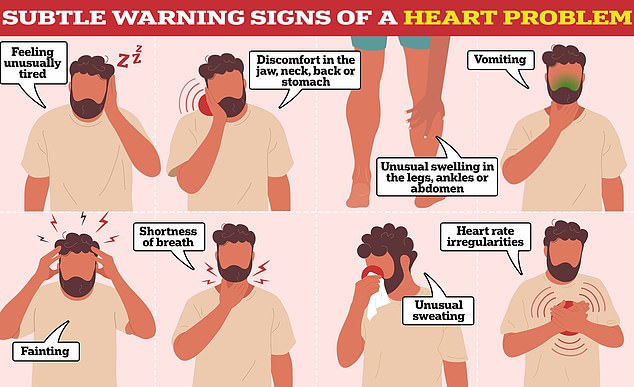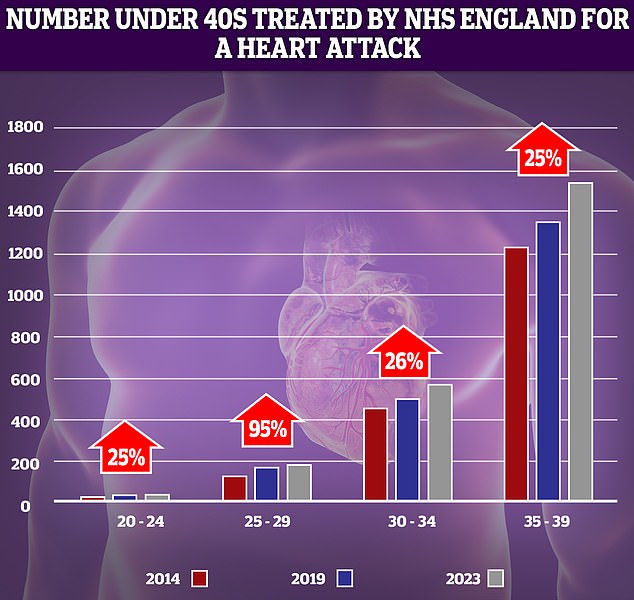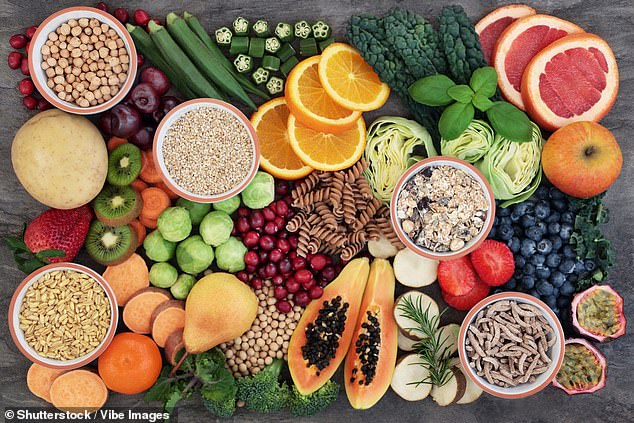Going vegetarian could actually reduce the risk of premature death, if new research is to be believed.
Experts found that people who ate a diet rich in plant proteins, specifically nuts and legumes such as beans and lentils, were more than a quarter less likely to suffer from coronary heart disease (CHD).
Coronary heart disease occurs when fatty substances begin to accumulate in the arteries, interrupting blood flow to the organ. This can lead to a life-threatening heart attack and is considered one of the leading causes of death in the UK.
The study also found that those who ate a lot of plant protein also reduced their risk of cardiovascular disease (CVD) overall by almost a fifth.
American researchers, who tracked more than 200,000 adults for 30 years, said this was because the high amounts of fiber and antioxidants in plant-based proteins prevented arteries from clogging.
Avoiding red and processed meats could be “much more effective in preventing cardiovascular disease,” the scientists said.
Professor Frank Hu, an expert in nutrition and epidemiology at Harvard University and author of the paper, said: “Most of us need to start changing our diets towards plant-based proteins.
‘We can do this by reducing meat consumption, especially red and processed meat, and eating more legumes and nuts.
Experts found that people who ate a diet rich in plant proteins, specifically nuts and legumes, were more than a quarter less likely to suffer from coronary heart disease.
Andrea Glenn, assistant professor of nutrition and food studies at New York University and co-author of the new study, added: “The average American consumes a 1:3 ratio of plant to animal protein. Our findings suggest that a ratio of at least 1:2 is much more effective in preventing cardiovascular diseases.
“For the prevention of coronary heart disease, a ratio of 1:1.3 or higher should come from plants.”
A 1:3 ratio of plant to animal protein means the average person ate three times as much meat as foods like nuts and legumes.
The researchers said that for better heart health this should be reduced to just twice as much meat as plant protein, or even more ideally at a ratio close to one to one.
In the study, more than 203,000 healthy adults were asked about their daily diet every four years.
The researchers calculated each participant’s total protein intake, measured in grams per day, as well as their specific intake of animal and plant proteins.
During a 30-year follow-up, they found that 16,118 cases of cardiovascular diseases were documented, including more than 10,000 cases of coronary heart disease and more than 6,000 cases of stroke.
writing in the American Journal of Clinical NutritionThe scientists said that participants who consumed the highest levels of animal protein, compared to the lowest, had a 19 percent lower risk of cardiovascular disease.

While some warning signs are easy to spot, such as severe chest pain, others are more vague and difficult to identify.

NHS data shows an increase in the number of young adults suffering heart attacks over the last decade. The largest increase (95 percent) was in the 25- to 29-year-old demographic, although as the number of patients is low, even small spikes can seem dramatic.
They were also 27 percent less likely to suffer from coronary heart disease.
These risk reductions were even greater among participants who ate more protein overall.
Those who consumed the most protein (21 percent of energy comes from protein) and adhered to a higher proportion of plant and animal proteins had a 28 percent lower risk of cardiovascular disease.
For coronary heart disease this was 36 percent lower.
Replacing red and processed meat in the diet with various plant sources, such as nuts, also showed a lower risk of stroke, the researchers said.
However, they found that the cardiovascular disease risk reduction begins to plateau at a ratio of 1:2, although the benefits continued specifically for coronary heart disease.
It comes as alarming data was revealed earlier this year. that premature deaths from cardiovascular problems, such as heart attacks and strokes, had reached their highest level in more than a decade.
Cases of heart attacks, heart failure and stroke among those under 75 had been declining since the 1960s thanks to plummeting smoking rates, advanced surgical techniques and advances such as stents and statins.
But rising rates of obesity and its catalog of associated health problems, such as high blood pressure and diabetes, are now believed to be one of the main contributing factors.
Slow ambulance response times for category 2 calls in England, which include suspected heart attacks and strokes, as well as long waits for tests and treatment, have also been attributed to the rise, which is also being felt in adults. younger.
Despite the claims of anti-vaxxers, cardiologists say fears that Covid vaccines may have led to a rise in heart problems are wildly misplaced.


